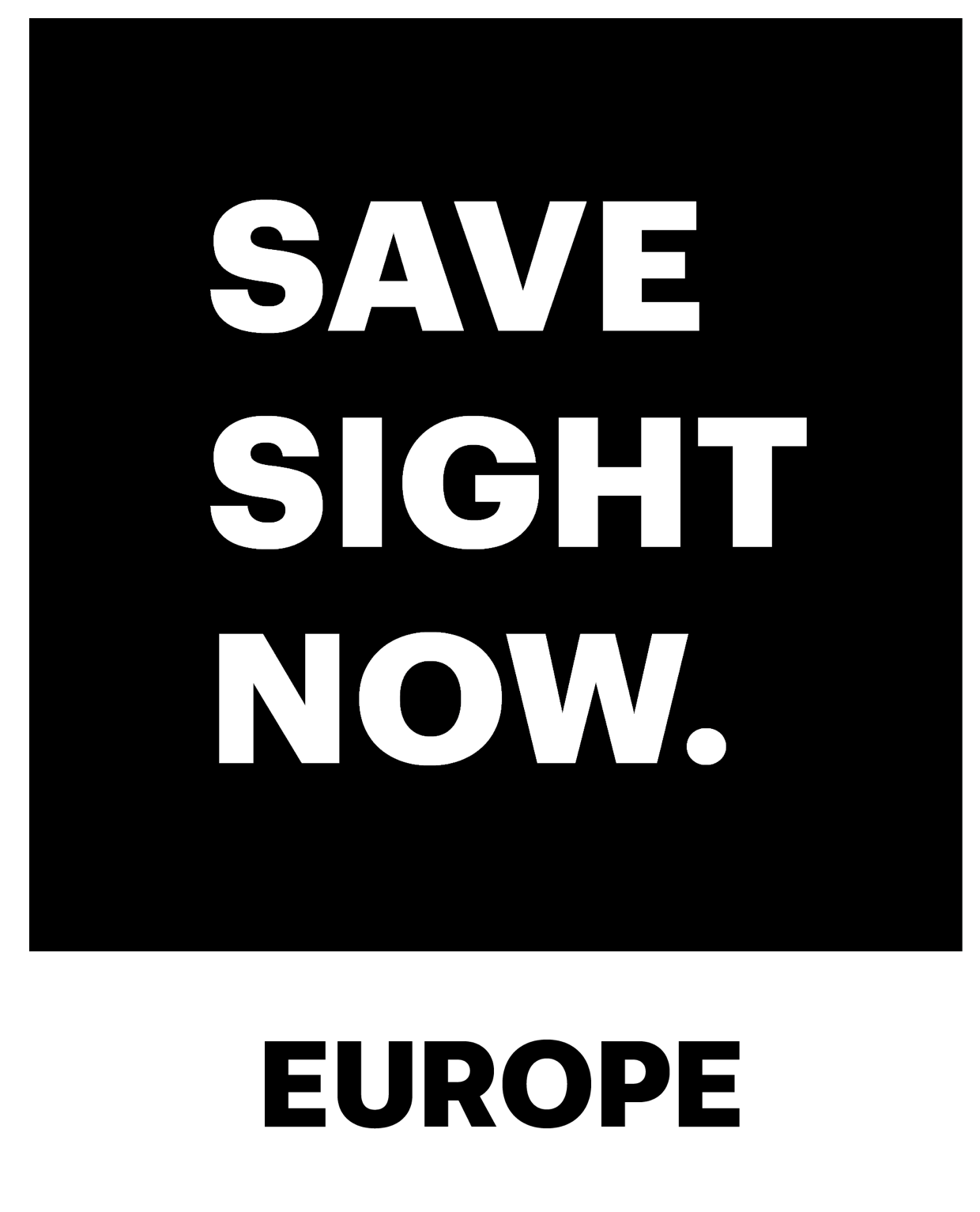I was born profoundly deaf and only started to walk at the age of two because of my balance issues. As a child, I walked in zigzags and hit obstacles on the ground without realizing it, blaming it on my clumsiness. In 2007, when I was 12 years old, my Usher syndrome was detected by a routine eye examination by the ophthalmologist. My older brother, who is also deaf from birth, was also diagnosed. We were very lucky to have found him as he was one of the few ophthalmologists in practice who knew about the syndrome. It was a shock to my family and at the time I didn’t realize it because my peripheral vision was very good. Sometime later, the diagnosis was confirmed by a genetic test. Thanks to this discovery, I understood better why I was not comfortable at night.
I got my driving license with the approval of the ophthalmologist. I passed my baccalaureate, went to university, and then chose a job that was compatible with my syndrome, to make it easier for me to adapt in the future when my vision starts to deteriorate. I am at ease with oral communication as well as with Sign Language, which I use on a daily basis, knowing that I will be able to adapt it in a tactile way later on if necessary.
I am now 27 years old, I am a librarian and I still drive. At the moment, my vision is relatively stable. My central vision is complete, although there is a thin blind spot in the peripheral vision of each eye. I notice that there are days when I feel tired, I feel like I can’t see properly. In the street, if I’m not fully focused, I can bump into someone or street furniture but fortunately, I can occasionally lean on my wife to avoid disaster. I prefer bars and restaurants with good lighting, although I am increasingly bothered by backlighting.
Do I accept this disease? It’s hard to say because I’m a bit reserved and I don’t use to tell people or work colleagues about my disease. Knowing that I will lose autonomy in the years to come (or decades), I try to make the most of my life by traveling as much as possible.

